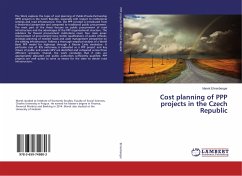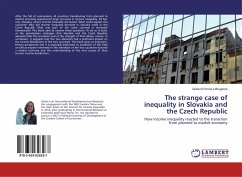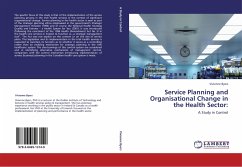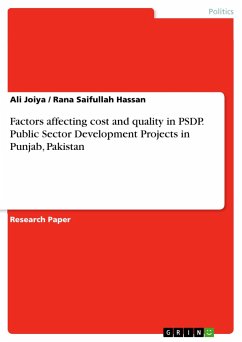The Work explores the topic of cost planning of Public-Private-Partnership (PPP) projects in the Czech Republic, especially with respect to institutional settings and road infrastructure. First, the PPP concept is introduced from a theoretical perspective and compared to traditional public procurement. The main part of the thesis focuses on public procurement of road infrastructure and the advantages of the PPP organizational structure. The solutions for flawed procurement institutions cover four main areas: improvement of procurement laws, better qualifications of public officials, strategic planning of needed roads and asset management perspective on the existing infrastructure. Follows a thorough empirical analysis of a World Bank PPP model for highways through a Monte Carlo simulation. A particular case of R35 motorway is evaluated as a PPP project and key drivers of public and private NPV are identified and compared across three different scenarios. Overall, the work concludes that if risks are appropriately allocated and public authorities sufficiently qualified, PPP projects are well suited to serve as means for the state to obtain road infrastructure.
Bitte wählen Sie Ihr Anliegen aus.
Rechnungen
Retourenschein anfordern
Bestellstatus
Storno








